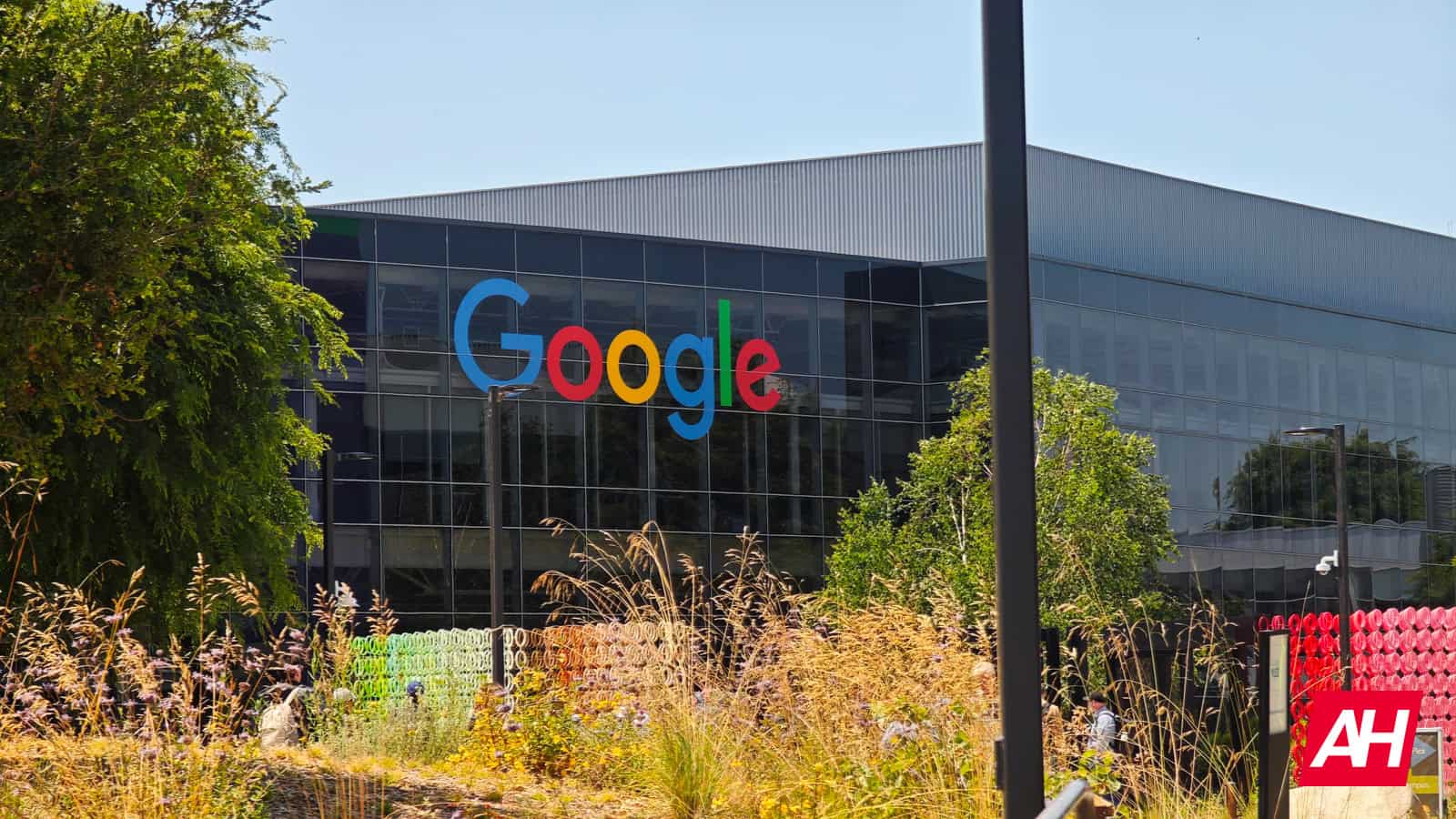Google Refuses To Comply With EU’s Fact-Checking Law

Contents
Google has expressed its unwillingness to comply with the EU’s new fact-checking law. Google will not add fact-checking features to search results and YouTube videos. In addition, it will not use any fact-checking data when it ranks or removes any content. Google is refusing to add fact-checking features, despite the requirements of a new European Union law.
Google will not follow the EU’s new law
It’s worth mentioning that Google has never added fact-checking as part of its content moderation practices on any of its platforms. Now, the tech giant has privately signaled to the lawmakers in the European Union that it doesn’t plan to change its practices, reports Axios.
It’s worth adding that Google did, however, invest in an EU fact-checking database ahead of recent EU elections. This happened soon after Mark Zuckerberg announced that Meta would be ending its fact-checking program in the US. So, it is not clear if Zuckerberg will comply with EU laws.
Google finds the fact-checking integration not effective
Kent Walker, Google’s global affairs chief earlier named the fact-checking integration practice “not appropriate or effective”. Walker believes that fact-checking “simply isn’t appropriate or effective for our services”. Walker mentioned that in a letter to the European Commission earlier.
“Google will continue to invest in improvements to its current content moderation practices, which focus on providing people with more information about their search results through features like Synth ID watermarking and AI disclosures on YouTube,” Axios quoted Walker as saying in the letter.
Google also pointed out a new feature it added to YouTube in August last year. It allowed certain users to add contextual notes to videos. Google said that the contextual notes “have significant potential”. It’s worth mentioning that this program is similar to Elon Musk-owned platform X’s Community Notes.
The upcoming fact-checking requirement was first announced by the EU’s new Code of Practice on Disinformation law. At first, it started as a voluntary set of “self-regulatory standards to fight disinformation”. However, it is going to become mandatory at some point later this year.
What’s your reaction?
Love0
Sad0
Happy0
Sleepy0
Angry0
Dead0
Wink0









Leave a Reply
View Comments